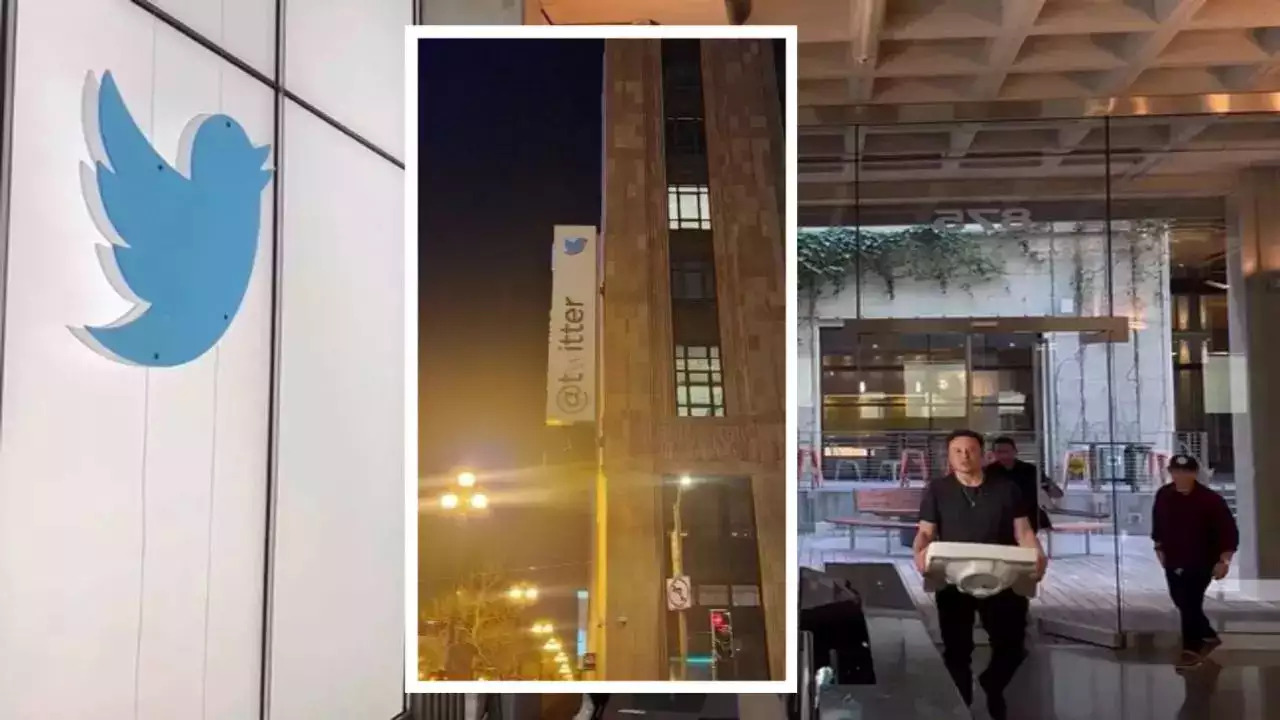Twitter CEO Elon Musk has confirmed that he was the one responsible for covering up the “w” in Twitter’s name with a white tarp a few days ago and he’s done it again. This is how new “Titter” was born. Longtime Musk watchers are well-aware that the tech billionaire, one of the richest people on Earth, has the humor of a small child.
Musk’s fondness for “tits” jokes set the stage for the Twitter HQ sign change. No one was surprised when photos emerged of the “w” covered by a white tarp.
Controversy and legal issues
While the new “Titter” sign debuted to praise from Musk fans, Twitter’s landlord was not amused. As told by Musk, Twitter’s landlord said the company was legally required to keep the name “Twitter” on its sign. The billionaire’s solution: Paint the “w” a background color. “Problem solved!” Musk declared on Sunday night. However, renaming Twitter as “Titter” and going against his landlord’s wishes doesn’t exactly sound like the best plan right now.
Since Musk completed his $44 billion purchase of Twitter last October, the company has become known for not paying its bills and haggling to reduce the costs of its contracts. This has led to multiple lawsuits and a tarnished reputation for the “new” Titter, which is unfortunately becoming known as a big joke.
Musk’s history of humor
Elon Musk often adds humor to his business ventures, with mixed results. In October 2021, he joked about a university called “Texas Institute of Technology & Science,” acronym “TITS.”
Musk tweeted that the school would have “epic merch” and be “universally admired.” Though the school never materialized, it’s a testament to Musk’s willingness to push the boundaries of what’s considered appropriate in the corporate world.
Musk’s renaming of Twitter HQ has garnered mixed reactions from employees and the public. Some admire Musk’s playfulness, while others find it unprofessional and disrespectful, especially amid recent legal issues.
The “Titter” sign controversy reveals divided public opinion on Musk’s leadership style. Many people actively question if his humor helps or hinders the company’s progress.













